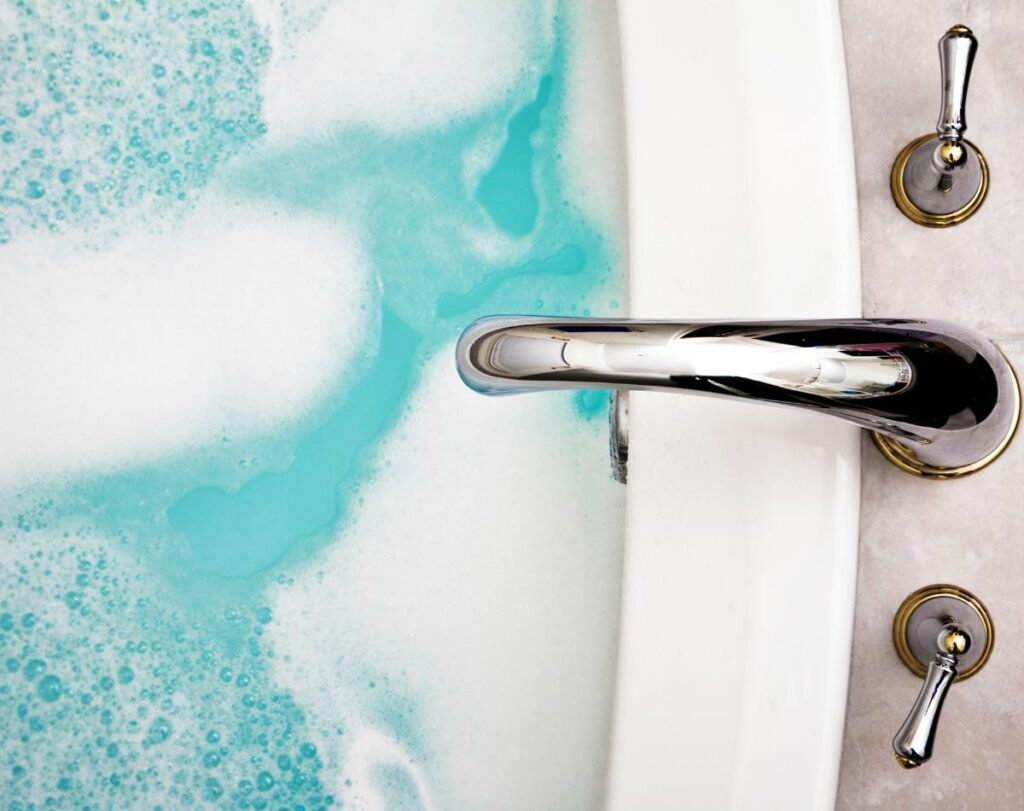5 Ways to Extend the Life of Your Water Heater
When it comes to the longevity of your water heater, maintenance is the key. A well-maintained water heater not only ensures a consistent supply of hot water but also extends its overall lifespan. This cuts down on unexpected water heater repairs, early replacements, or unnecessary downtime.
Stay ahead of water heater replacements with our top 5 professional tips for maintaining your water heater. With regular maintenance, any homeowner can take care of their water heater and extend the lifespan, keeping your costs low and your home functioning without any interruptions.

5 Easy Ways to Maintain Your Water Heater
1. Regular Flushing for Optimal Performance
One of the most overlooked aspects of water heater maintenance is regular flushing. Over time, sediment and mineral deposits accumulate at the bottom of the water heater tank, affecting the heating efficiency. By flushing the tank at least once a year, you can prevent these deposits from building up, maintaining the heater’s peak performance.
2. Setting the Thermostat Smartly
Many homeowners underestimate the impact of temperature on a water heater’s longevity. Optimal temperature control not only prevents scalding but also reduces the wear and tear on the heating elements within the water heater.
Setting the thermostat to a moderate temperature, typically around 120 degrees Fahrenheit, strikes the perfect balance between comfort and efficiency, ensuring a prolonged life for your water heater.
3. Regular Anode Rod Replacement
In the world of water heaters, anode rods are the backbone of your water heater’s lifespan. These rods prevent corrosion within your water heater by attracting corrosive elements. The anode rod corrodes and dies out instead of the interior of the water heater tank.
Regularly inspecting and replacing your anode rod every 3-5 years can significantly extend the life of your water heater, protecting it from the corrosive forces that threaten its functionality. Be sure to check your anode rode each year when you flush the sediment, to ensure it isn’t corroding before the anticipated 3 to 5 year mark. If it is, this could indicate water issues that are placing more wear and tear on your appliances.

4. Adequate Insulation for Energy Efficiency
Proper insulation isn’t just for your home; it’s equally crucial for your water heater. Insulating the tank reduces heat loss, making your water heater more energy-efficient. This not only saves you money on energy bills but also decreases the workload on the heating elements, contributing to a longer operational life.
The less output energy your water heater has to use to maintain the water temperature, the better. Your local water company can advise on the best water heater insulation to help protect your tank year-round.
5. Routine Professional Inspections
While regular homeowner maintenance is vital, professional inspections are equally essential. Hiring a certified technician for an annual check-up ensures that any potential issues are identified and addressed promptly.
Professional inspections can catch problems early, preventing costly repairs and extending the overall lifespan of your water heater. This can include damages, misfires, and potential breakdowns that are in the making. No amount of annual maintenance can replace professional eyes during a yearly water heater service inspection.

See Water Heater Results With Regular Maintenance
Ensuring the longevity of your water heater requires a proactive approach to maintenance. From regular flushing to smart temperature control, anode rod replacement, adequate insulation, and routine professional inspections, these five strategies collectively help protect your water heater from early breakdowns.
Implementing these measures will not only provide you with a reliable supply of hot water but also contribute to the extended life of your water heater. To get started, contact a professional water company near you for water heater services – this will help ensure you get started with a well working water heater and set you on a path for success.
Water Heater Maintenance FAQ
Regular flushing of your water heater helps remove sediment buildup at the bottom of your water heater tank, ensuring efficient heating and preventing corrosion. Generally, it’s recommended to flush the tank once a year to maintain optimal performance.
Setting your water heater to 120 degrees Fahrenheit (49 degrees Celsius) is a good balance between energy efficiency and preventing scalding. This temperature is sufficient for most household needs while minimizing energy consumption. If you need a higher temp for hot water, consider an under the sink hot water supply to reduce the use of your water heater tank.
Regularly inspect around the base of the water heater for any moisture or pooling water. Always inspect for rust or corrosion on the tank itself, as these can indicate a potential leak.
Before performing any water heater maintenance, turn off the power supply (electricity or gas) to the water heater. For gas heaters, familiarize yourself with the pilot light location and follow proper shutdown procedures. Always exercise caution, and if you’re unsure, consult a professional plumber for your annual water heater service.
Look out for indicators such as inconsistent water temperature, strange noises (like rumbling or popping), or discolored water. If you notice any of these signs, it’s advisable to have your water heater inspected by a qualified technician to prevent more significant issues.

